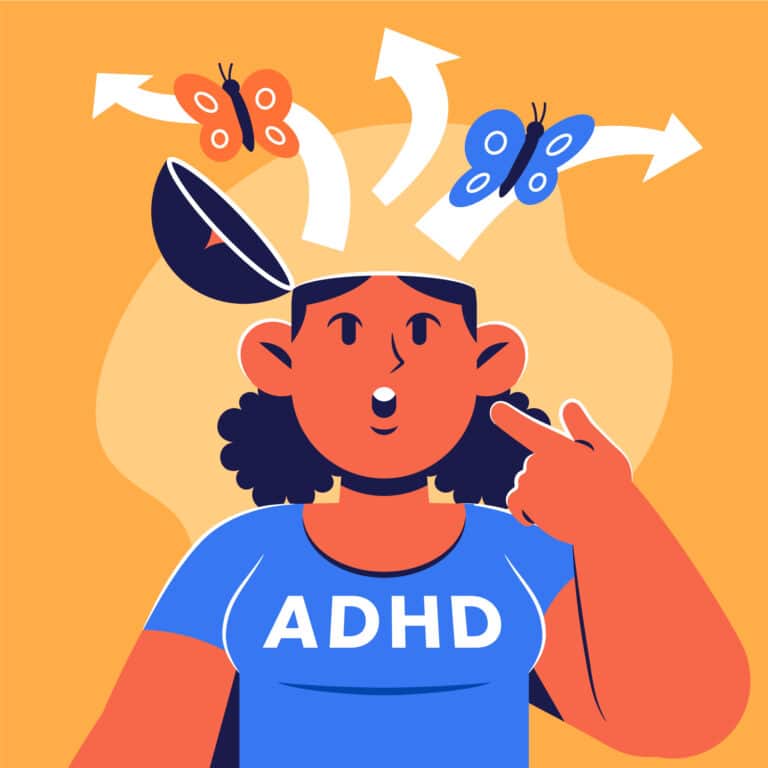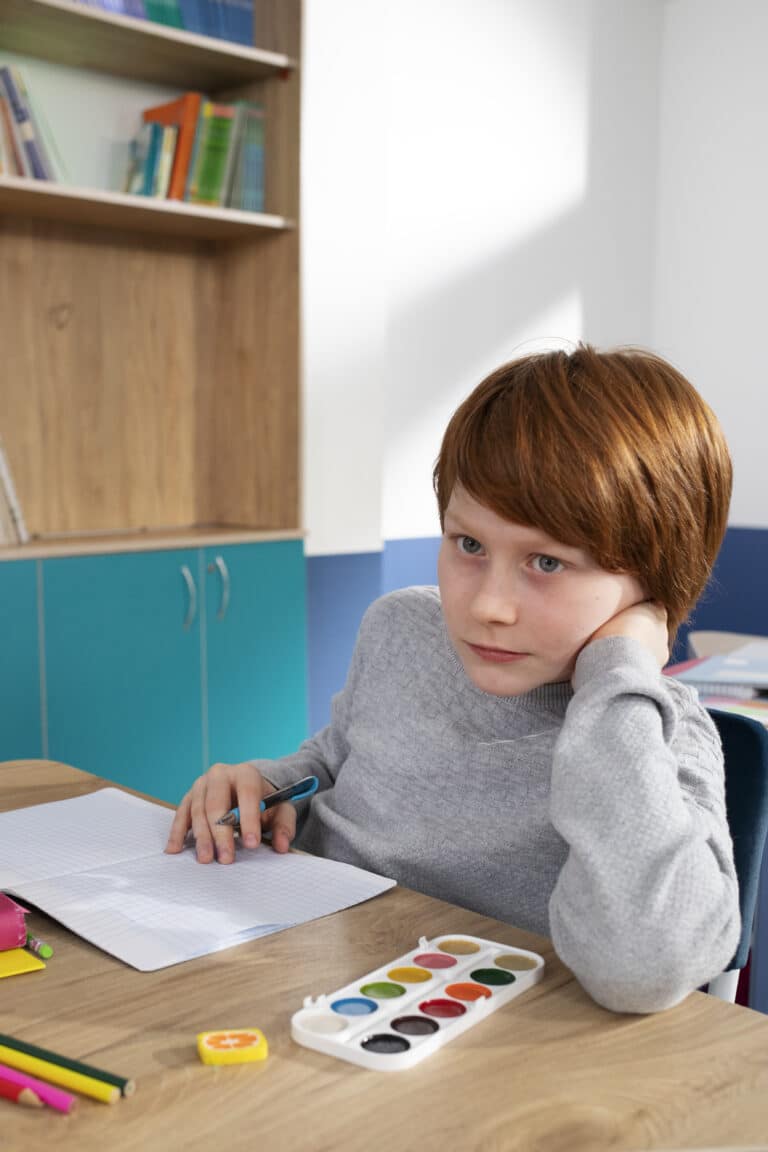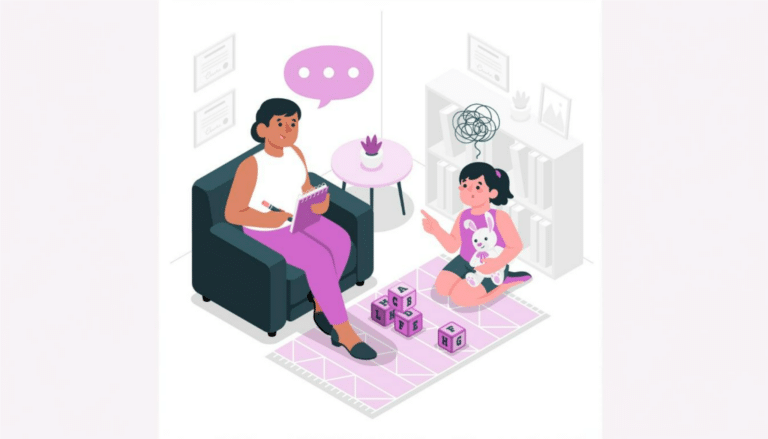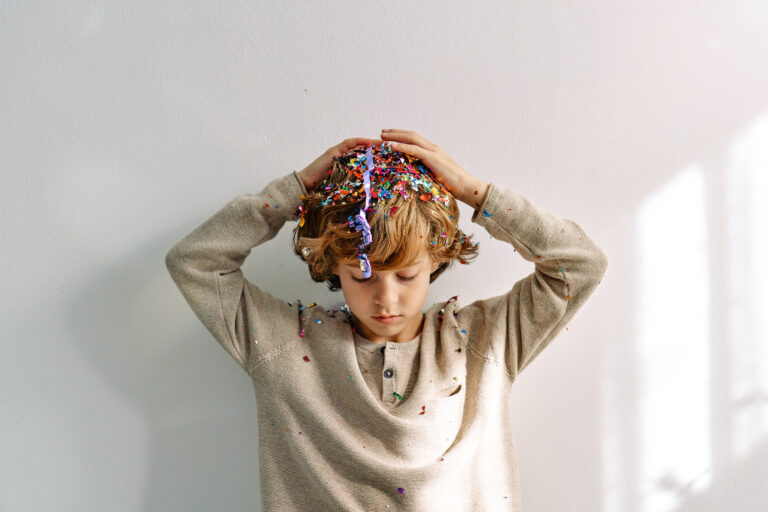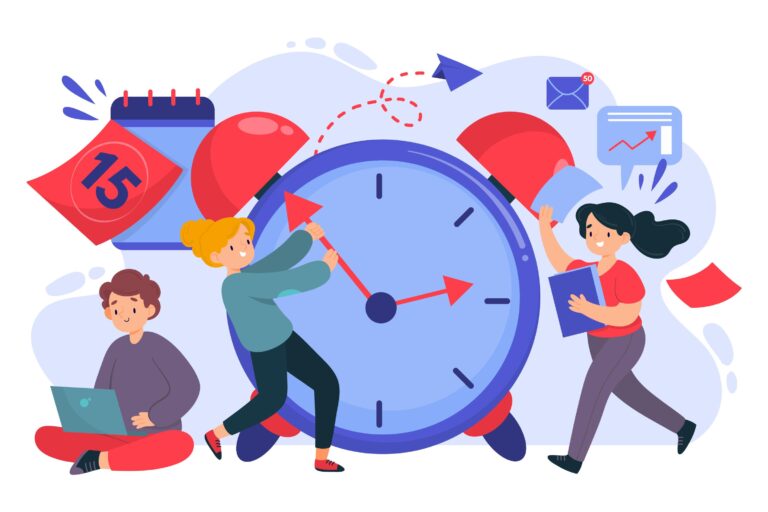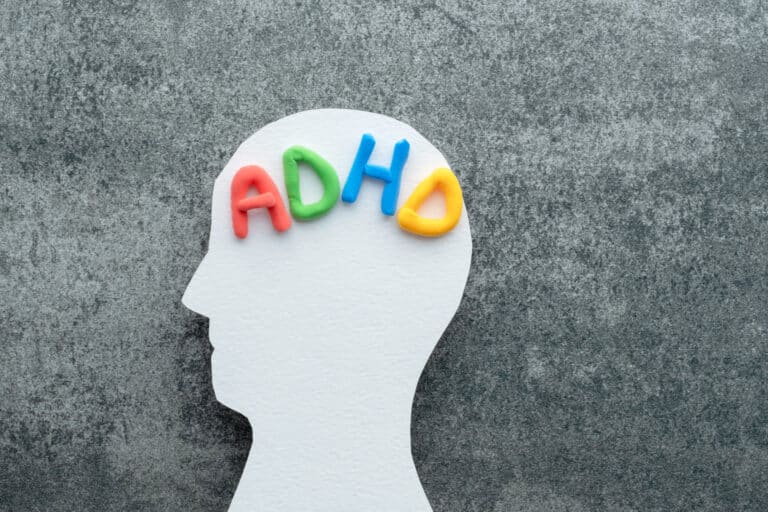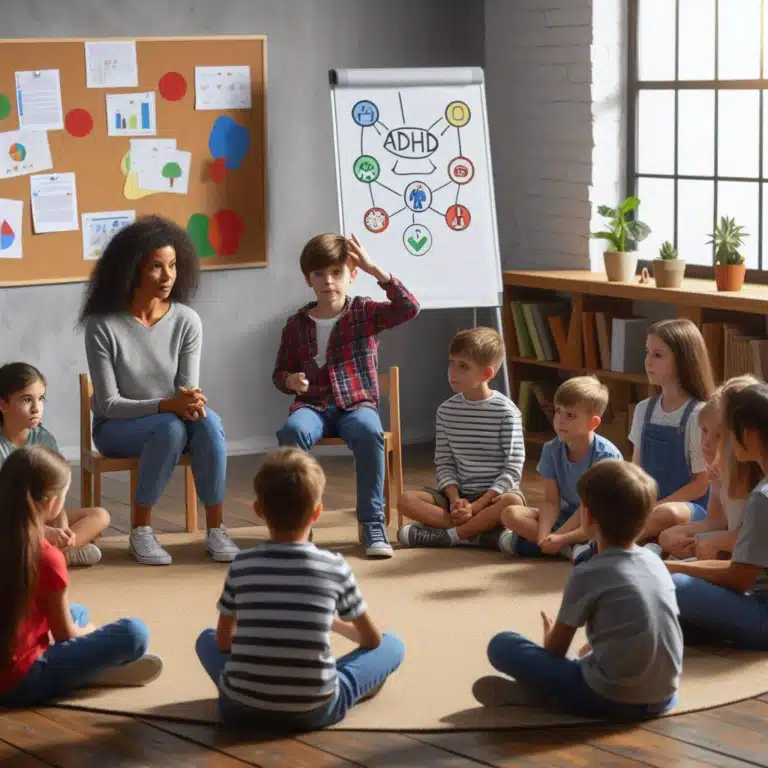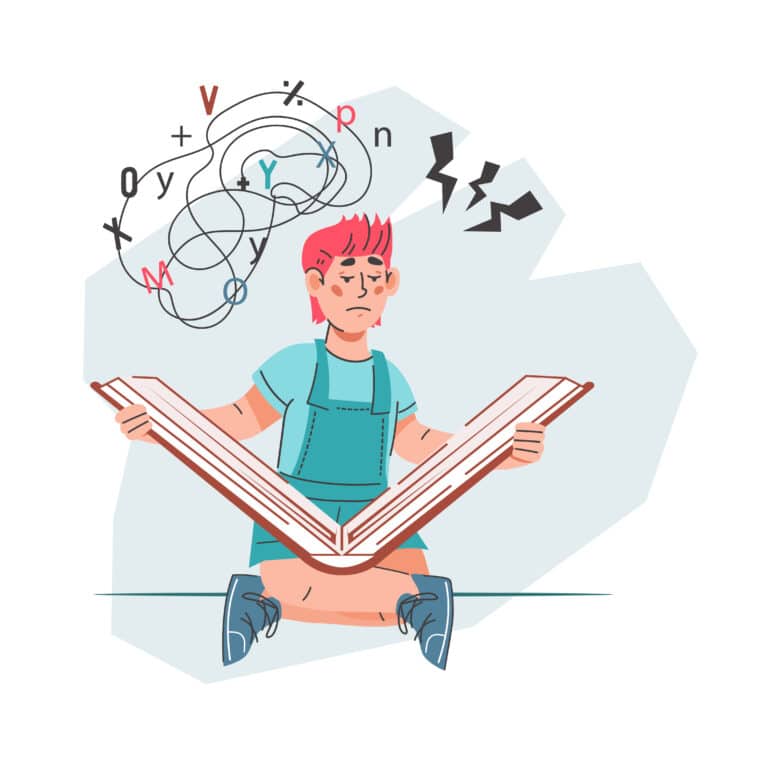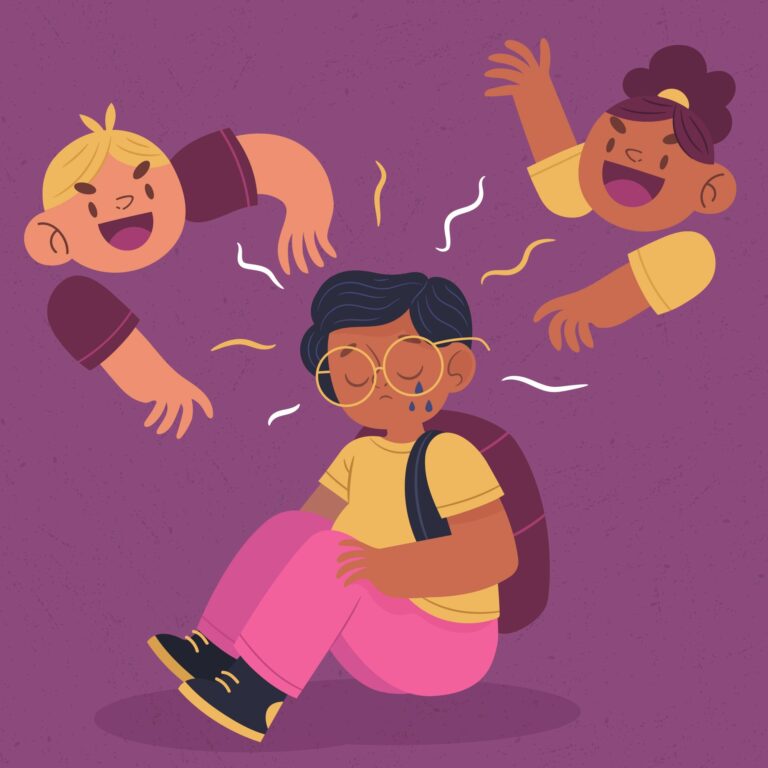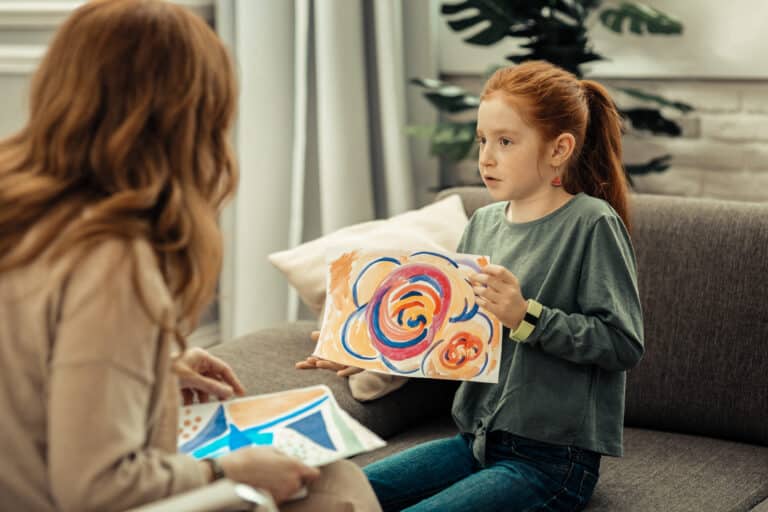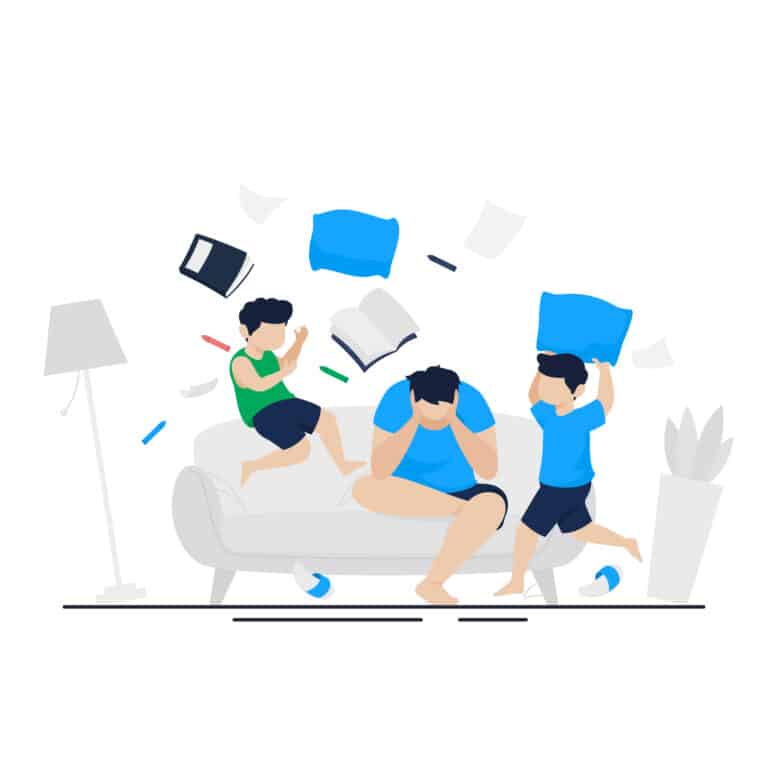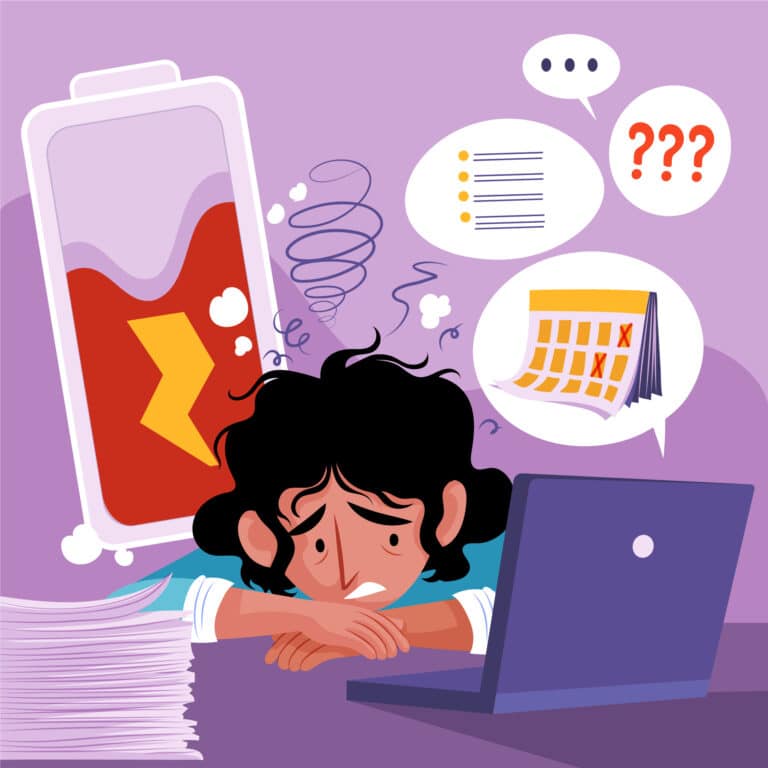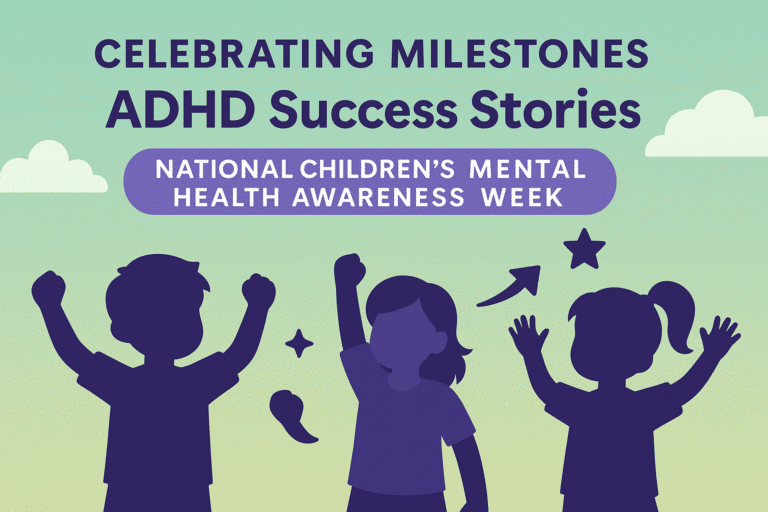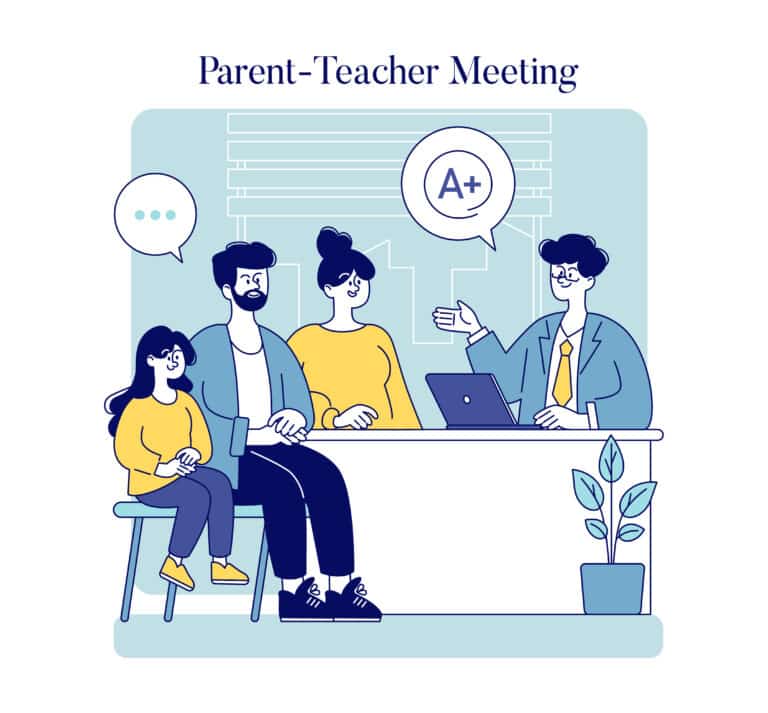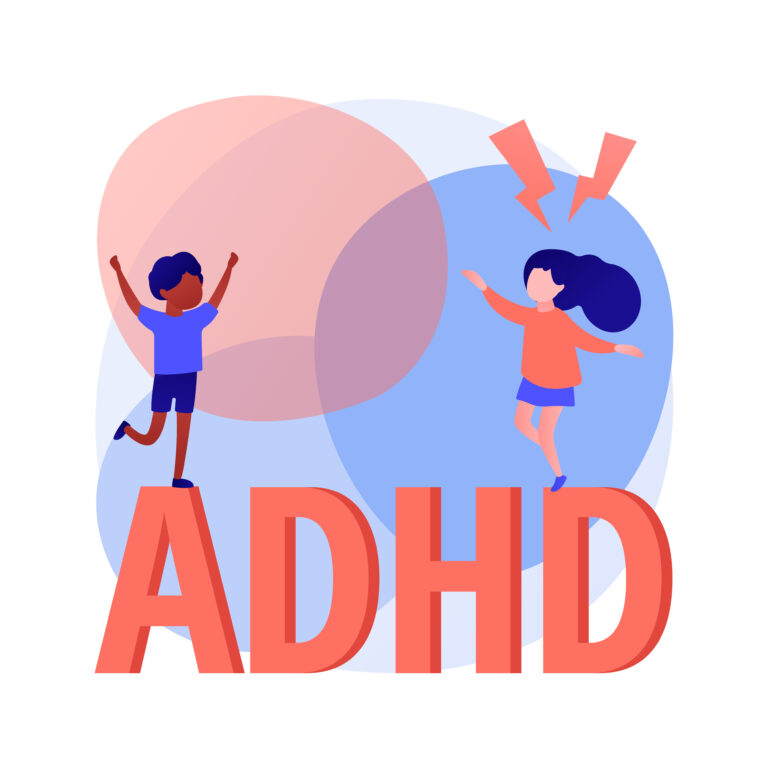As parents, understanding the nuances of your child’s behavior is crucial, especially when it comes to Attention Deficit Disorder (ADD), now commonly referred to as Attention Deficit Hyperactivity Disorder (ADHD) of the inattentive type. Recognizing the signs early can lead to timely interventions, fostering a supportive environment for your child’s growth and development. At Pathformers, we are committed to providing you with the knowledge and tools necessary to navigate these challenges effectively.
Understanding ADD/ADHD in Children
ADD/ADHD is a neurodevelopmental disorder characterized by patterns of inattention, hyperactivity, and impulsivity that interfere with functioning or development. While hyperactivity and impulsivity are prominent in some children, others may primarily exhibit inattentive behaviors, which can often go unnoticed. Being aware of these symptoms is the first step toward supporting your child’s unique needs.
Common Symptoms of ADD in Children Every Parent Should Know
Difficulty Sustaining Attention
Children with ADD often struggle to maintain focus on tasks or play activities. They may quickly lose interest, leading to incomplete assignments or projects. This isn’t due to a lack of understanding but rather an inherent challenge in sustaining attention over time.
Careless Mistakes in Schoolwork
You might notice your child making frequent errors in their homework or class assignments, not because they don’t know the material, but because they have difficulty paying close attention to details. These mistakes can be frustrating for both the child and the parent.
Appearing Not to Listen
Even when spoken to directly, children with ADD may seem as if they are not listening. This apparent inattentiveness can be mistaken for defiance or disinterest, but it’s often a manifestation of their difficulty in processing information.
Challenges Following Instructions
Completing tasks that require multiple steps can be particularly challenging. Your child might start chores or homework but quickly become sidetracked, leading to unfinished tasks. This isn’t a matter of willfulness but a struggle with maintaining the sequence of actions.
Organizational Difficulties
Keeping track of personal items, school materials, or assignments can be a constant battle. Your child may frequently lose things or have a disorganized workspace, impacting their ability to complete tasks efficiently.
Avoidance of Tasks Requiring Sustained Mental Effort
Activities that demand prolonged concentration, such as reading or completing homework, may be avoided or approached with reluctance. This avoidance stems from the discomfort associated with sustained mental effort.
Frequently Losing Necessary Items
Misplacing items like toys, school supplies, or books is common. This isn’t due to carelessness but rather a symptom of their inattentiveness and organizational challenges.
Easily Distracted by External Stimuli
Children with ADD are often quickly diverted by external stimuli, making it hard for them to stay on task. A passing conversation, a noise outside, or even their own thoughts can interrupt their focus.
Forgetfulness in Daily Activities
You might find your child forgetting daily routines, appointments, or responsibilities. This forgetfulness can affect their academic performance and daily life, leading to missed deadlines or overlooked chores.
The Importance of Early Recognition
Identifying these symptoms early is vital. Early recognition allows for timely interventions that can significantly improve your child’s academic performance, self-esteem, and social interactions. It’s important to approach these observations with empathy and understanding, recognizing that these behaviors are not intentional but part of the condition.
Pathformers’ Commitment to Supporting Parents
At Pathformers, we understand the complexities of parenting a child with ADD/ADHD. Our mission is to empower you with evidence-based strategies and practical tools to support your child’s unique needs. Our courses are designed to provide comprehensive insights into managing ADD/ADHD, focusing on real-world applications that can make a meaningful difference in your child’s life.
Introducing Our Course: “Focusing on ADHD”
To further assist you, we offer the course “Focusing on ADHD,” led by Dr. Maya Bristow Klein, a licensed psychologist with extensive experience in child development and mental health. This course provides practical guidance and real-world strategies to help you navigate the ups and downs of ADHD. You’ll learn to spot ADHD symptoms, improve communication with your child, create helpful routines, and understand your treatment options.
Course Highlights:
- Spotting the Signs of ADHD: Recognize the various ways ADHD shows up in kids and teens so you can take early action and make informed decisions.
- Communicating Better with Your Child: Learn how to have more meaningful conversations that build trust and motivate your child in a way that works for them.
- Building Structure at Home: Get practical tips to create a home environment that fosters focus and helps your child feel more in control of their day.
- Exploring Medication and Alternatives: Gain balanced, straightforward guidance on medication options and alternatives, empowering you to make the right choice for your child.
- Managing Emotional Ups and Downs: Understand the emotional side of ADHD and discover ways to help your child handle frustration, anxiety, and other common challenges.
- Fostering Focus and Resilience: Learn how to boost your child’s ability to stay focused, manage distractions, and build resilience when faced with obstacles.
Why Choose Pathformers?
Our approach is rooted in empathy and understanding, recognizing the unique challenges each family faces. We provide structured lessons that break down complex topics, making learning how to support your child feel easy and manageable. With handouts, workbooks, and additional materials, we aim to equip you with the tools needed to make informed decisions and implement effective strategies.
Take the Next Step
Empowering yourself with knowledge is the first step toward supporting your child’s journey with ADD/ADHD. By enrolling in our “Focusing on ADHD” course, you’ll gain the confidence and skills to make a positive impact on your child’s life. Join our waitlist today
FAQ: Common Questions About ADD/ADHD in Children
1. What is ADD, and how is it different from ADHD?
ADD, or Attention Deficit Disorder, is an outdated term that refers specifically to attention difficulties without the hyperactivity component. Today, it falls under the broader term ADHD (Attention Deficit Hyperactivity Disorder) and is usually referred to as ADHD, inattentive type. ADHD encompasses symptoms of inattentiveness, hyperactivity, and impulsivity.
2. How can I tell if my child has ADD or if they’re just being inattentive?
All children may exhibit signs of inattentiveness or forgetfulness from time to time. However, if these behaviors are persistent, appear across multiple settings (like home and school), and impact your child’s ability to function, it may be a sign of ADD/ADHD. A thorough assessment by a healthcare provider can help clarify.
3. What are the main signs of ADD in children?
Key symptoms include difficulty sustaining attention, frequent careless mistakes, seeming not to listen, trouble following instructions, organizational challenges, avoiding tasks requiring focus, frequently losing items, being easily distracted, and forgetfulness in daily activities.
4. Can ADD be treated, and what are my options as a parent?
Yes, ADD/ADHD can be managed effectively with various approaches, including behavioral strategies, parent coaching, structured routines, and, in some cases, medication. Each child’s needs are unique, and a healthcare provider can guide you in choosing the best options for your family.
5. How does ADD/ADHD affect a child’s performance in school?
Children with ADD/ADHD may have difficulty completing assignments, staying organized, and following multi-step instructions, which can impact their academic performance. Providing structured support and clear expectations at home, as well as communicating with teachers, can help.
6. What can I do to help my child if they have ADD?
Creating a structured home environment, implementing consistent routines, and using positive reinforcement are great starting points. You can also consider enrolling in resources like Pathformers’ “Focusing on ADHD” course, which offers practical guidance and tools to help you support your child.
7. When should I seek professional help for my child’s attention difficulties?
If you notice persistent symptoms that impact your child’s daily life, relationships, or school performance, it may be time to seek a professional evaluation. Early diagnosis and intervention can make a significant difference in managing ADD/ADHD effectively.
8. How can I learn more about managing ADHD in children?
Pathformers offers a comprehensive “Focusing on ADHD” course specifically designed for parents. Led by experienced professionals, this course provides practical advice, tools, and resources to support your child’s unique needs. Enroll today to gain insights on recognizing symptoms, building routines, and fostering focus.




